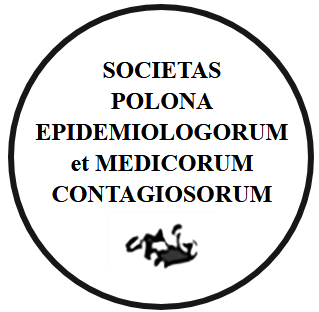ABSTRACT
Around the end of December 2019, a new beta-coronavirus from Wuhan City, Hubei Province, China began to spread rapidly. The new virus, called SARS-CoV-2, which could be transmitted through respiratory droplets, had a range of mild to severe symptoms, from simple cold in some cases to death in others. The disease caused by SARS-CoV-2 was named COVID-19 by WHO and has so far killed more people than SARS and MERS.
Following the widespread global outbreak of COVID-19, with more than 132758 confirmed cases and 4955 deaths worldwide, the World Health Organization declared COVID-19 a pandemic disease in January 2020.
Earlier studies on viral pneumonia epidemics has shown that pregnant women are at greater risk than others.
During pregnancy, the pregnant woman is more prone to infectious diseases. Research on both SARS-CoV and MERS-CoV, which are pathologically similar to SARS-CoV-2, has shown that being infected with these viruses during pregnancy increases the risk of maternal death, stillbirth, intrauterine growth retardation and, preterm delivery. With the exponential increase in cases of COVID-19 throughout the world, there is a need to understand the effects of SARS-CoV-2 on the health of pregnant women, through extrapolation of earlier studies that have been conducted on pregnant women infected with SARS-CoV, and MERS-CoV. There is an urgent need to understand the chance of vertical transmission of SARS-CoV-2 from mother to fetus and the possibility of the virus crossing the placental barrier. Additionally, since some viral diseases and antiviral drugs may have a negative impact on the mother and fetus, in which case, pregnant women need special attention for the prevention, diagnosis, and treatment of COVID-19.
You can change cookies settings in your browser. Restricted use of cookies in the browser configuration may affect some functionalities of the website.





